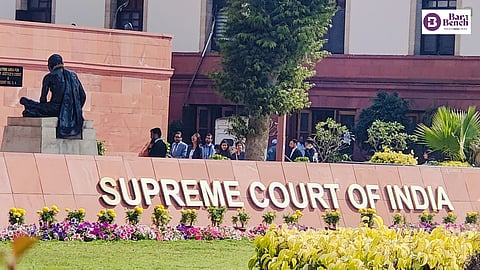The Supreme Court on Tuesday said neighbourhood quarrels, even when they involve heated exchanges and physical scuffles, cannot automatically amount to abetment of suicide under Section 306 of the Indian Penal Code [Geeta vs. The State of Karnataka].

